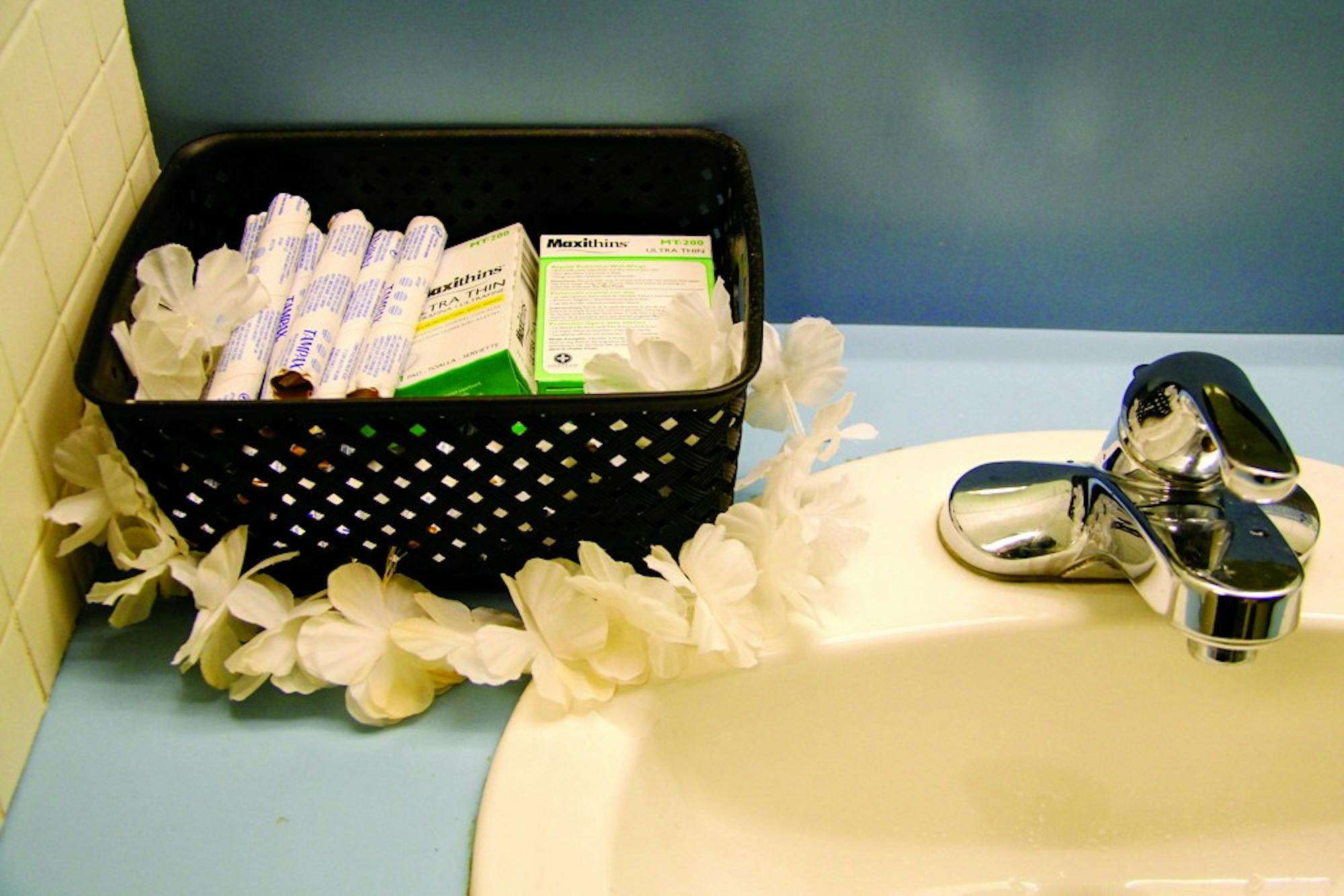Under a new state menstrual health law passed in July, public middle and high schools in New Hampshire will now be required to provide free disposable menstrual pads and tampons in female and gender-neutral bathrooms.
The bill, Senate Bill 142, was first proposed by Rochester, NH high schooler Caroline Dillon and later garnered support from female state legislators, such as Sen. Martha Hennessey ’76 (D-Hanover), Rep. Polly Campion (D-Hanover) and Rep. Mary Jane Mulligan (D-Hanover) and government professor Deborah Brooks. Brooks, who has been researching global menstrual health with her students and recently helped develop the International Menstrual Health Entrepreneurship Roundup, a menstrual health website, testified in favor of the bill.
After the bill took shape late last year and passed in the Senate nearly unanimously, supporters and opponents of the bill testified in front of the House Education Committee in March and the House itself in May, where it received party-line votes, according to Hennessey. The bill was then signed into law in July by Gov. Chris Sununu (R), who met with Dillon before the bill’s passage and signed the bill in private, Hennessey added.
Dillon became inspired to propose the bill when she learned about “period poverty,” the term for the stigma experienced by those who cannot afford or lack access to menstrual hygiene products, as part of a school project.
Before the bill was passed, certain public middle and high schools in New Hampshire provided free menstrual and other hygienic products to students in the schools’ nurse’s offices, Brooks said. However, Brooks, referring to Dillon’s testimony, added that accessing those products was inconvenient and sometimes embarrassing for individuals who needed those products and was also an invasion of privacy at the public nurses’ offices.
“It’s really challenging if they don’t have quick and easy access to products,” Brooks said.
Because some schools already offered free menstrual products in the nurse’s office, Brooks said that she did not imagine a costly expenditure for schools to distribute free menstrual products in their female and gender-neutral bathrooms under the new law.
“In many cases, schools are providing some of these products anyway, so the actual extra cost for mandating that schools provide them may not be that much higher,” Brooks said.
Hennessey said she expected a slight increase in the number of menstrual products purchased in schools, with the spending coming from the budgets of individual school districts. Since the bill does not include a budget plan, districts can additionally partner with nonprofits or organizations to fund or supply menstrual products.
Hennessey attributed the bill’s relatively quick passage to the lack of emphasis on creating a budget for it.
“I think if we had to put [the bill] through the state as a finance committee saying that we needed money, it would have had a harder time passing,” Hennessey said.
In addition, Hennessey noted that Dillon’s courage and initiative were crucial reasons that the bill passed smoothly.
“I think [the bill was able to pass relatively quickly] largely because we had this very articulate and well-prepared high school senior who was in charge of it,” she said. “In other states, it’s simply legislators who are coming forward and talking about how they need these kinds of bills.”
Aika Riguera ’21, an IMHER research assistant who helped Brooks edit her testimony for the bill, said she was happy to see that her efforts were helpful in a real-world legislative capacity.
“When you’re doing research, you rarely get to enact real legislative change,” Riguera said. “So that was really exciting.”
Since the launch of IMHER, the website assembled information on organizations that aim to address global menstrual health problems and posted information on activities relevant to menstrual health, according to Brooks. She noted that the website added 40 new organizations to the database and that students wrote about 20 articles for the website this past summer.




